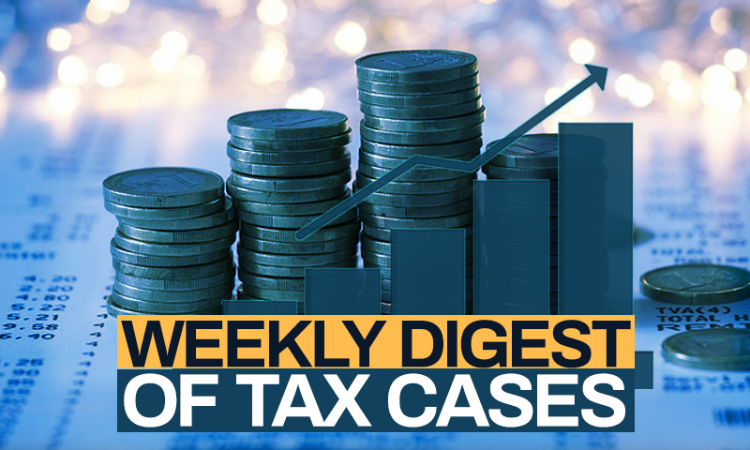Next Story
25 Oct 2022 8:11 AM IST
Supreme Court Valuation Of Shares For The Purpose Of Gift Tax Should Take Into Consideration Limitation And Restrictions: Supreme Court Case Title: Deputy Commissioner of Gift Tax Versus M/s BPL Limited Citation: 2022 LiveLaw (SC) 848 The Supreme Court has held that the valuation of shares for the purpose of gift tax must take into consideration the limitations...

